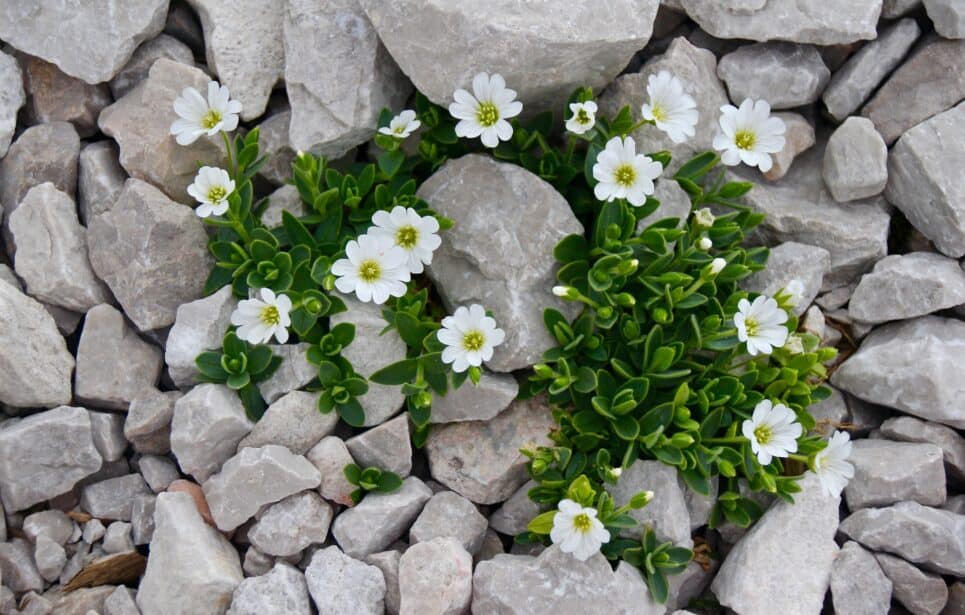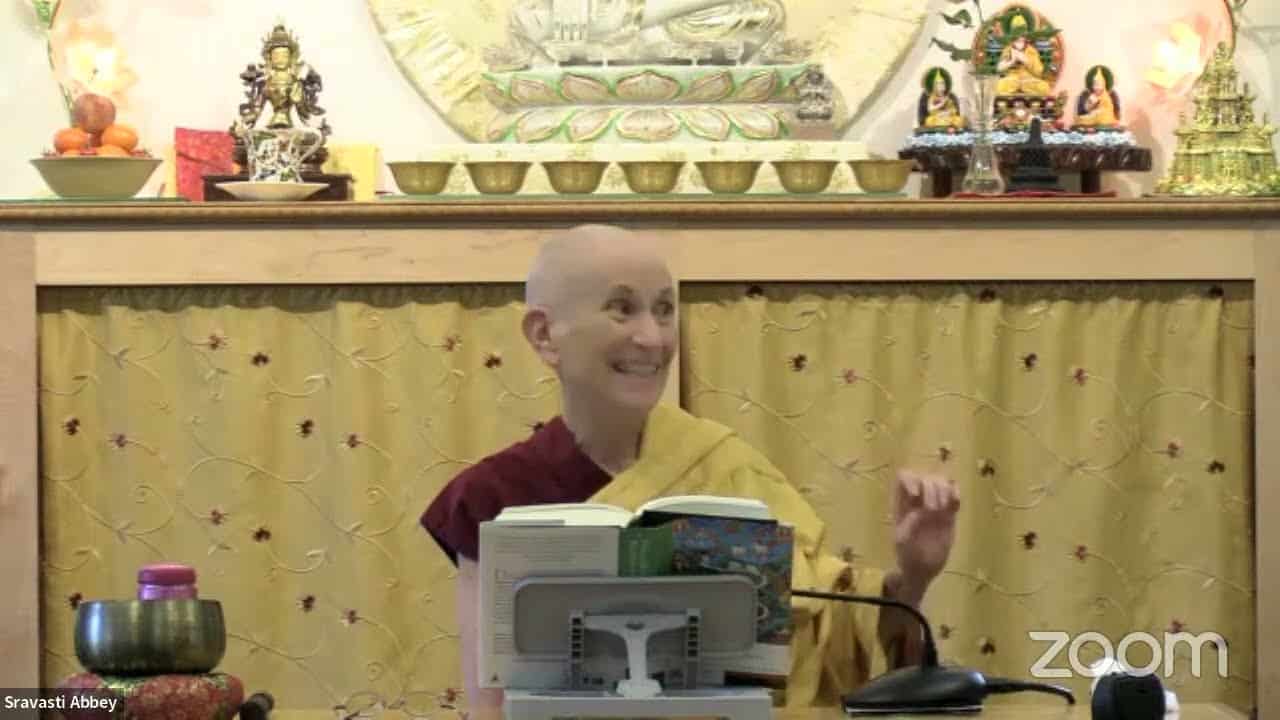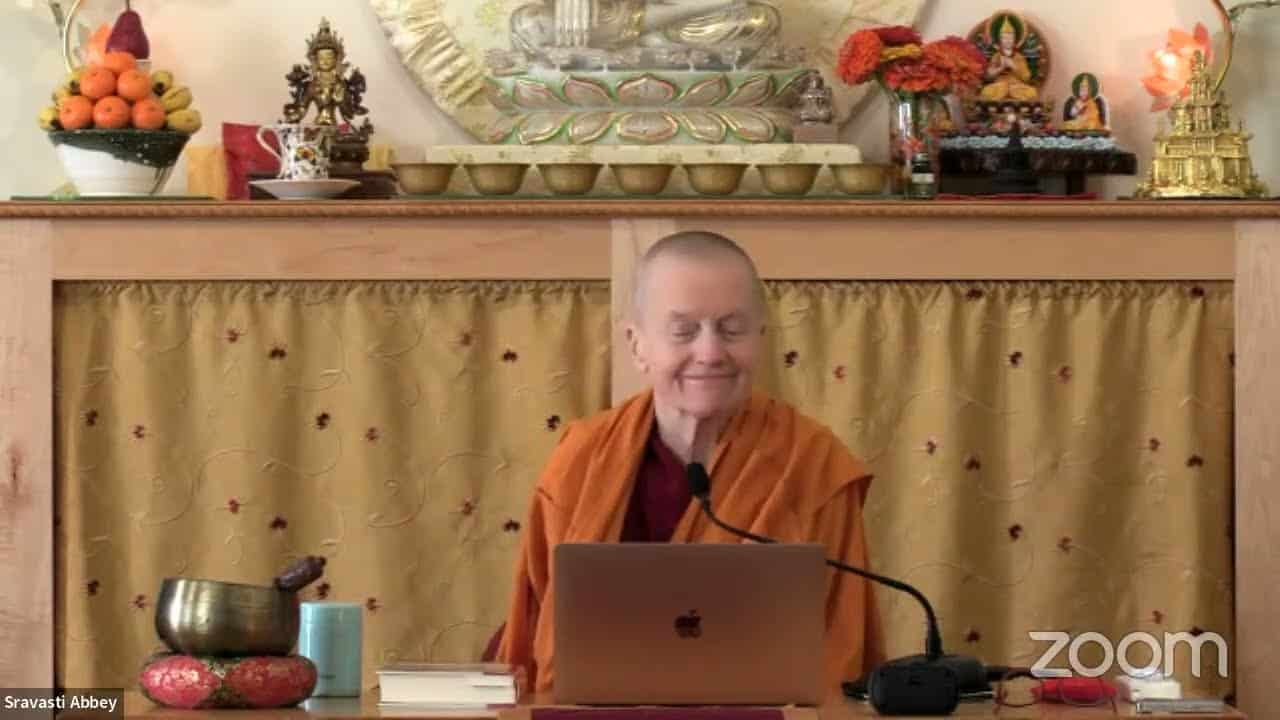Worthwhile people

In the Beginning Buddhism class in Spokane, Abbey monastics are reading and sharing from Venerable Chodron’s Open Heart, Clear Mind. A few weeks ago, we were in Chapter 3, “Love vs. Attachment,” exploring the uncomfortable topic about how we create “worthwhile people” through our own internal checklists of what we value or dislike in others. Venerable Chodron says,
“Generally we’re attracted to people either because they have qualities we value or because they help us… If people have the qualities on our ‘internal checklist’ we value them. We think they’re good people in and of themselves, unrelated to our evaluation of them. But in fact, because we have certain preconceptions about which qualities are desirable and which aren’t, we’re the one who create the worthwhile people.”
From my own experience, I could see this playing out at an individual level. My “internal checklist” influences who I choose to spend my time with, who I hold in “high esteem,” whose opinion I trust more—and on the flip side, who I dismiss, ignore, or denigrate. It is painful to see the truth of this, and yet also liberating—if we don’t see the dirt, how can we start to clean it?
This process of determining “worthwhile” and “not worthwhile” people also plays out in society at large. Whole groups of people can be deemed to be “not worthwhile,” and thus bear the hardships that come from societal exclusion and discrimination.
Many of us at Sravasti Abbey engage in prison work—both corresponding with the incarcerated and going in to teach meditation and share the Buddha’s liberating wisdom. These human beings are locked in cages—sometimes for life—because of actions that look only a few minutes, often under the influence of intoxicants, motivated by the afflictions of anger, attachment, and ignorance. I am not saying that what they did was not wrong. But it is too easy to conflate the person and their action, such that we deem the human beings who did unquestionably horrific, violent actions as “monsters” who are beyond the reach of help.
Such an attitude denies the innate potential of the human heart for kindness, clarity, and wisdom. We have a whole archive of writings from people in prison that showcases the love, compassion, and wisdom of men and women who have put in the hard work to learn from their mistakes, transform their minds, and do what they can to make positive contributions to society.
With all this in mind, I had brought a poem by Al Ramos to share as a perfect adjunct to Venerable Chodron’s words on “worthwhile people.” Al is behind bars due to a double homicide, having killed his mother and stepfather after years of violent abuse. A long-term student of the Dharma, he has used time behind bars well, to heal his own heart and help others to do the same.
As I recited his poem (see below), the room settled into a state of utter stillness. The audience seemed captivated by how well Al had captured their own experience in his words. One man, who I know has spent time in prison, was moved to tears.
In addition to the poem, I had brought four copies of Al’s children’s book Gavin Discovers the Secret to Happiness, for people to further witness the great potential of this man who has been relegated to live behind bars for life. All four copies were taken home that night. Driving back to the Abbey, I felt content at having challenged in some way the mistaken binary that divides people into “worthwhile” and “not worthwhile.” May we all recognize the innate potential for goodness in all beings and make the effort to help them actualize it.
The Garden Notices the Rocks Moving, by Al Ramos
When we see someone attractive;
that is appealing to the senses
they automatically are worth so much more
compared to others.
It is as if we value others
like different types of metals.
And what if a person is both attractive
to the senses and very nice to you?
Oh my, it is like owning a shiny piece of gold.
What about the other end of the spectrum?
What about a person that we deem unattractive?
How can they inch their way towards the top
of the ladder of worthiness?
What if an unattractive officer let you move
to another location or allowed you
to go to canteen when the store was already closing?
How would you feel about them then?
Well, their worth would catapult
toward the top of the “good side.”
And next thing you know you’re saying things like,
“They are a good officer. They are good people.
She’ll help you for real. He’s not a piece of crap
like some of the others. They actually care.”
Isn’t this how our silly monkey mind behaves?
Constantly recalibrating this worth-system
that we feel is truth.
It feels true, but is it?
Do our opinions truly hold weight,
especially when they are so easily changeable?
Is it possible for our garden-mind to be harmonized
with every living creature and every flower, bush,
tree, pebble and rock?
Yes, the mind can flow and know that all phenomena
are always in a state of flux. For better or worse.
It is a healthy practice to not hold this
system of judgmental opinion.
Because such a system covers the sunlight
and allows no moon within the flowing river.
Venerable Thubten Lamsel
Ven. Thubten Lamsel began studying the Dharma in 2011 at The Dhargyey Buddhist Centre in Dunedin, New Zealand. When she began exploring the possibility of ordination in 2014, a friend referred her to the Preparing for Ordination booklet by Venerable Thubten Chodron. Soon after, Ven. Lamsel made contact with the Abbey, tuning in weekly for the livestreamed teachings and offering service from afar. In 2016 she visited for the month-long Winter Retreat. Feeling like she had found the supportive monastic environment she had been looking for, under the close guidance of her spiritual mentor, she requested to come back for training. Returning in January 2017, Ven. Lamsel took anagarika precepts on March 31st. In the most fantastic circumstances, she was able to take her sramaneri and shikshamana vows during the Living Vinaya in the West course on February 4, 2018. Ven. Lamsel previously worked as a university-based public health researcher and health promoter at a small non-governmental organization. At the Abbey she is part of the video recording/editing team, helps with inmate outreach, and enjoys making creations in the kitchen.


